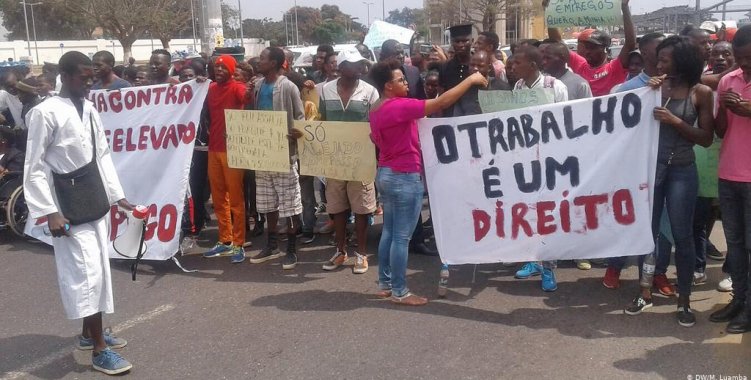"The painful reforms required by the IMF programme will begin to take effect, we expect more strikes and protests, including from workers with skilled labour in cities and from civil servants who are exposed to any economic slowdown through wage cuts and high inflation, which is expected to be around 20 percent in the next three years," reads the report signed by the consultant's director, Robert Besseling.
In the report, entitled "Leaders of Angola's Shadow State endanger the privatization agenda", sent to clients and to which Lusa has had access, EXX Africa writes that "the IMF is forcing the application of budgetary discipline that includes unpopular measures such as the reduction of fuel subsidies and an accentuated devaluation of the kwanza".
The international community is closely monitoring the implementation of the IMF's 3.7 billion dollars financial support programme, which "served as an anchor for Angola's policy framework and increased confidence in the country's economy".
However, they point out that the country is only expected to return to economic growth next year and "privatisations alone will not be enough to make the economy in recession return to growth".
Among the examples of economic indicators that show the difficulties, the consultant points out that "oil production should not be sufficient to return economic growth" due to the decline of current wells and the lack of investment, which makes it difficult to explore new wells.
"As the older wells are depleted, economic output is expected to have fallen by 2.6 percent in 2019 and 3.6 percent in 2020, with modest growth coming in 2021 after economic restructuring and after IMF-imposed reforms begin to have a positive impact on the economy," concludes the EXX Africa director.







